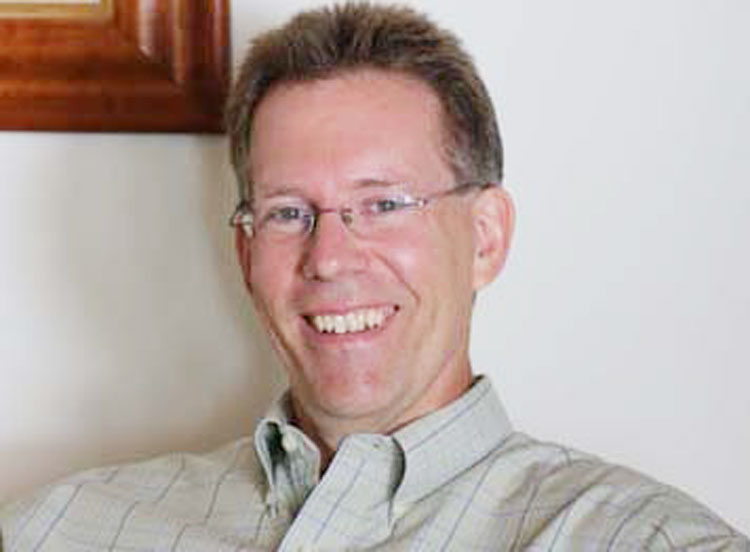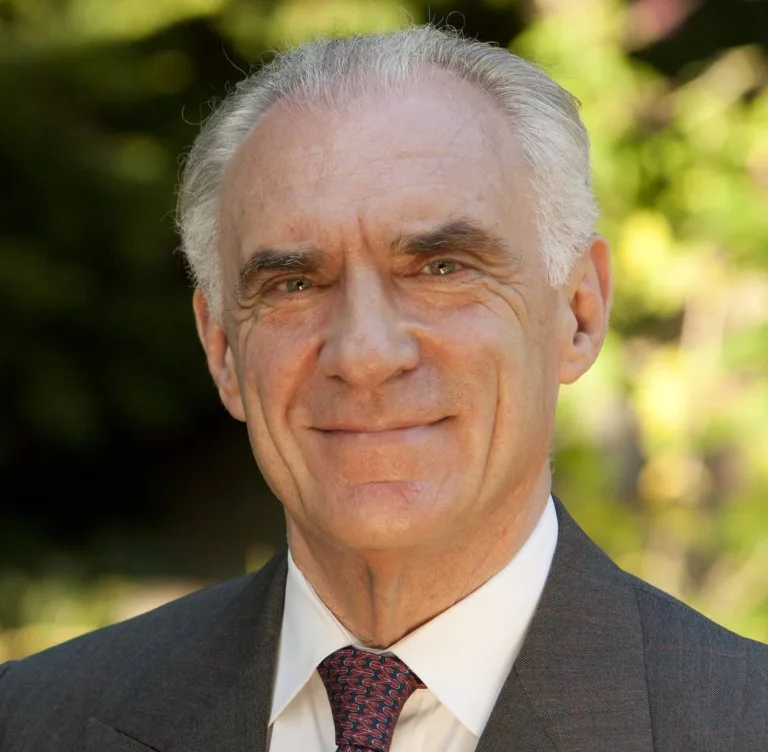By The Rev. Marek Zabriskie
Cuba is undergoing perhaps its worst economic downturn in over 50 years. The cost of living has sky-rocketed. Eggs, cooking oil, and meat are hard to find and afford.
A team of eight Christ Church Greenwich parishioners and I recently flew to Holguín, Cuba’s third largest city, to visit members of our companion parish – la Iglesia de San Marcos.
Holguín is laid out in a grid with some nice town squares. Few people now congregate in these squares as the supply chain and US embargo have left many store shelves empty and inflation has skyrocketed.
We traveled to the historic city of Gibara and Santiago, the country’s second largest city. While in Santiago, we attended an Episcopal church service, where I preached a sermon in my faulty Spanish based on “whatever you have done for the least of these who are members of my family, you did to me.” (Matthew 25:40)
Jesus notes, “For I was a hungry and you gave me food, I was thirsty and you gave me something to drink, I was a stranger and you welcomed me, I was naked and you gave me clothing. I was sick and you took care of me. I was in prison and you visited me” (Matthew 25:36-37).
The service took place at night during one of Cuba’s daily power outages. The church was pitch black, illuminated only by a portable light and a handful of cell phones. The darkness made it feel as if we had stepped back into the Middle Ages.
Last year, over 250,000 Cubans emigrated. Most of them were young persons, who feel that they have no future in Cuba. This is a brain drain and a deep concern for families that have had children or grandchildren flee to Nicaragua, which dropped its visa requirement for Cubans.
The emigrants are upset with the Cuban government, which in turn appears to be happy to see them go rather than stay and potentially protest their policies.
On July 11, spontaneous demonstrations occurred across the country. The government immediately squashed them and jailed over 1,000 protestors. Cubans are afraid to speak out.
The demonstrators were not demonstrating politically. They simply want more medicine, food, and electricity. They want a future for their country. There was at least one blackout or more each day that we were there. The blackouts go on for hours.
Fidel Castro was reportedly very intelligent, but he was also a narcissist, master manipulator, and man with few scruples. He did, however, act the part of “father of the country.”
Many people believed in him even as he fed them lies and kept them in the dark. Large signs with his face still appear everywhere along with quotations from his speeches and writings.
It is hard to find any sign of the current president – Miguel Diaz-Canel. He makes few public appearances, leaving many Cubans convinced that their government doesn’t care for them, but is focused solely on staying in power and in control.
In a country where the government constantly spies on its own people, this is the first time that I have heard Cubans speak openly about their disdain for their own leaders. It was my fourth visit to Cuba.
The internet in Cuba is sketchy at best, but it now allows Cubans to receive other political viewpoints beyond the state-controlled propaganda. Getting anything accomplished in Cuba takes enormous time and patience. Sometimes the waiting and red tape take years.
The Cubans are resilient. One Cuban told us, “Cuba is a land of two million Houdinis.” The population is about 11 million. The points is that Cubans are innovative, industrious, hard-working, and creative. Almost everyone has a second job. Without this, they would not survive.
Our companion church is growing. We raised significant funds in 2019 to help them buy a building. The communist government will not permit construction of new churches, but they will allow individuals to purchase a building and transform it into a church.
We helped them to do this in 2019. Unfortunately, the government changed the currency soon after and the funds that we raised to pay for renovation work drastically shrunk.
Cuba is also strapped for building materials due to the embargo and the supply chain. Hotels get priority. When a hurricane damages or destroys hotels, all building supplies are channeled to these sites. Other construction must wait.
The government and military own many hotels. Hence, the US government prohibits Americans from staying in government run hotels to avoid financing the Cuban military.
The embargo appears to have failed. It was vital when it started over fifty years ago. Today, it punishes impoverished Cubans while keeping Cuban American voters happy in Florida, who seem committed to punishing Cuba forever for what the Castro regime did to their families.
We have found that the most important thing that we can do is to show up and support our Episcopal friends in Cuba. Our presence reminds them that they are not alone. We also bring Advil, vitamins, feminine hygiene products, soap, toothpaste, and toothbrushes, which are scarce in Cuba.
We also brought a computer printer and a water filtration system. The latter will take more funds to be installed. The water in Cuba is not purified and ruins people’s teeth and shortens their lifespan.
The Episcopal Bishop of Cuba, Bishop Griselda Delgado del Carpio, hopes to install a water purification system in every church that can be shared with the entire community. This will benefit thousands while helping to evangelize. It is working well in many places.
The clergy families are struggling. Five years ago, the average priest earned $40 a month to provide for his or her family. A large percentage of Cubans are on the government payroll. When the currency was changed, they were given cost of living adjustments. Non-government workers, like clergy, received no adjustment.
It is hard to be a Christian anywhere nowadays. It is far more challenging in Cuba. We admire our Cuban Episcopal friends, and they greatly appreciate our support.
This experience will change how we view Thanksgiving Day. Since returning, we are startled by our abundance in a world where so many suffer. We are among the most fortunate people on earth. We will continue to act upon Jesus’ words, “Whatever you have done for the least of these, you have done for me.”
The Rev. Marek P. Zabriskie is Rector of Christ Church Greenwich





